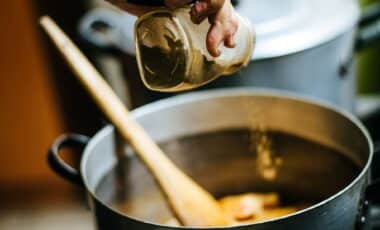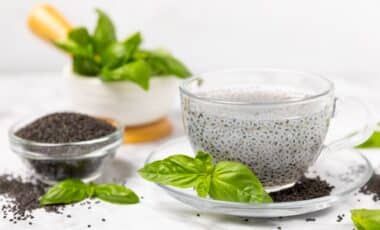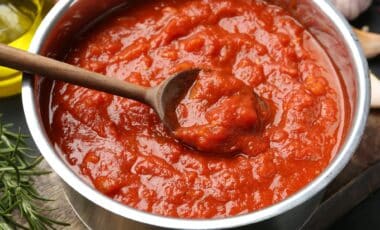Denmark’s culinary successes have been attributed paradoxically to the country having no gastronomic traditions to speak of.
“When you have traditional dishes, it’s difficult to reinvent them,” says Szilvia Gyimothy, associate professor in tourism research at the University of Aalborg-Copenhagen.
As a result, Danish chefs have learned to make do with what they have at hand and tend to have an interest in organic foods.
They’ve invented new dishes far from the traditional heavy peasant fare of pork with potatoes and gravy.
Creating refined, delicately flavoured meals, chefs favour local specialities, honouring the country’s environmental mindset.
“Instead of looking (at) what is happening in the world, it helps to follow nature and see what is fresh now and what’s happening in the season. That’s what inspires us,” says William Jorgensen, one of the chefs and owners of Gastrome.
At his establishment in Aarhus’ Latin Quarter, customers dine on halibut with lemon confit and watercress, blood oranges with buckwheat, garlic and verbena, or potatoes with birch syrup and spruce.
The late culinary awakening has seen the new chefs make it their trademark to use in-season, locally-grown products and the maritime diversity of the country’s shores, defining a Danish terroir for the first time.
And it’s mostly all organic, with a sharp focus on responsible consumerism: more than half of Danes buy organic foods at least once a week, according to Organic Denmark.
“Sustainability is earning a lot of focus in Scandinavia but it’s not something that concerns others, for instance, American chefs,” Gyimothy says.
Denmark is considered a pioneer in recycling and sorting of waste. In Copenhagen, each household is encouraged to compost its own kitchen waste, and the goal is to recycle 50 per cent of household trash by 2022.
At his vegetarian eatery, Moment, bathed in light and backing onto a permaculture farm, Morten Storm Overgaard, a geologist and professor at the University of Aarhus, is pushing the culinary experience to the extreme.
He insists people “should use every opportunity to make as ethical choices as possible”, covering everything from the building to the dishes and drinks served, the interior design and dishware.
Here, everything is sustainable and eco-friendly.
“All dishes have to take their point of departure in our garden,” he says.
And many end up back in the garden: at Moment, like at Gastrome, almost nothing gets thrown away.
“We use the bread and the peel for the chickens and they fertilise the ground in our garden,” Jorgensen says.
See also: A Food Lover’s Guide To Barcelona






